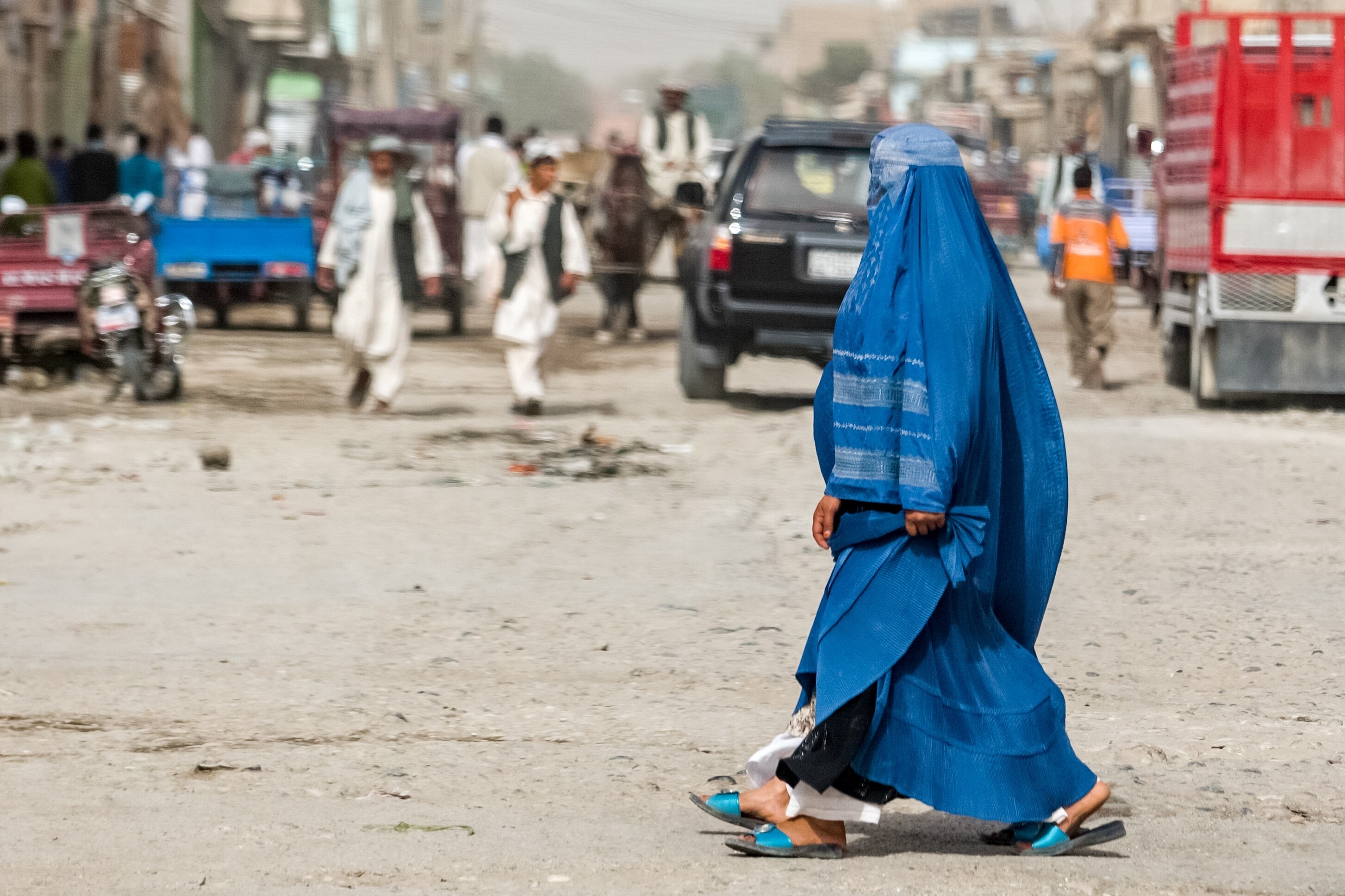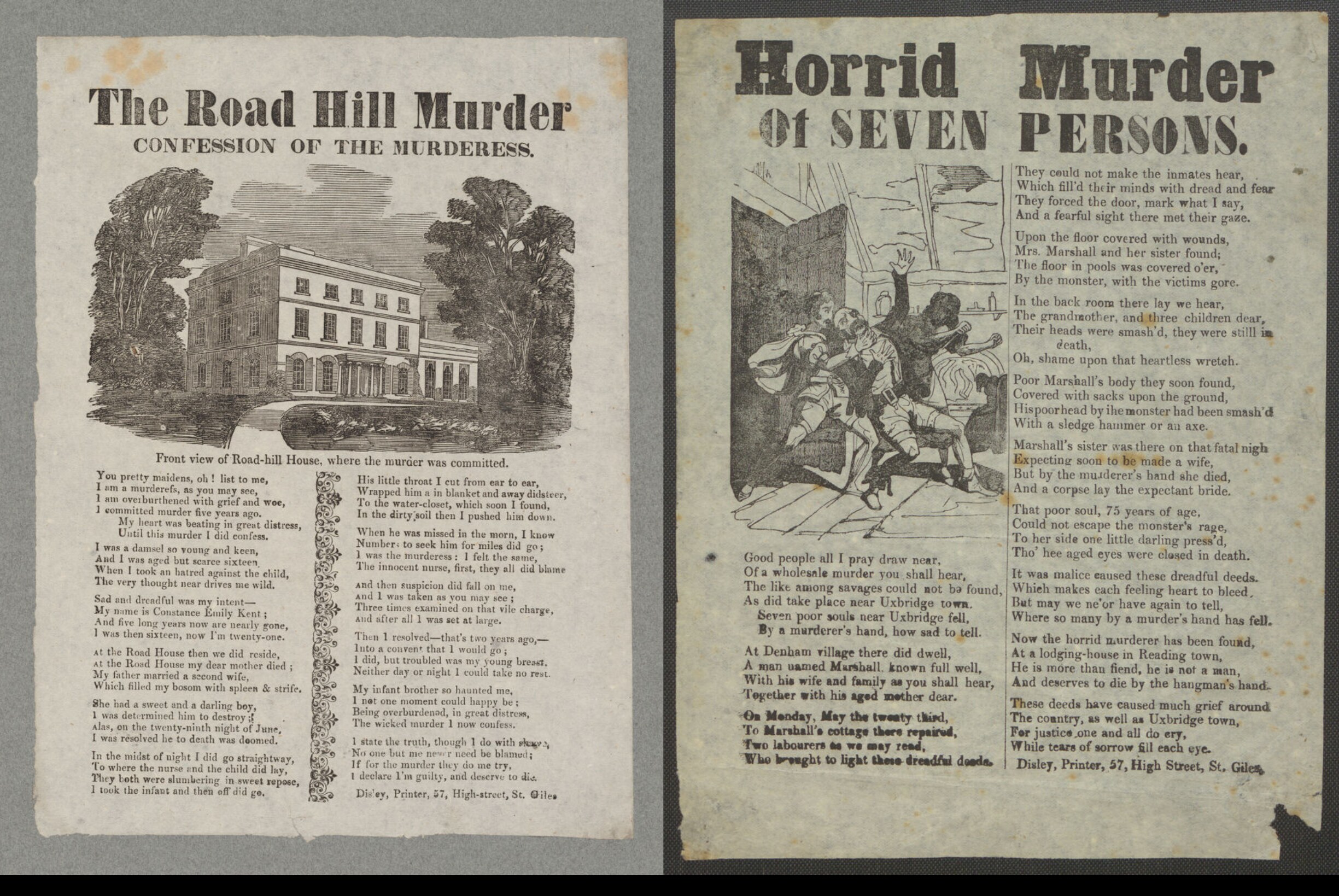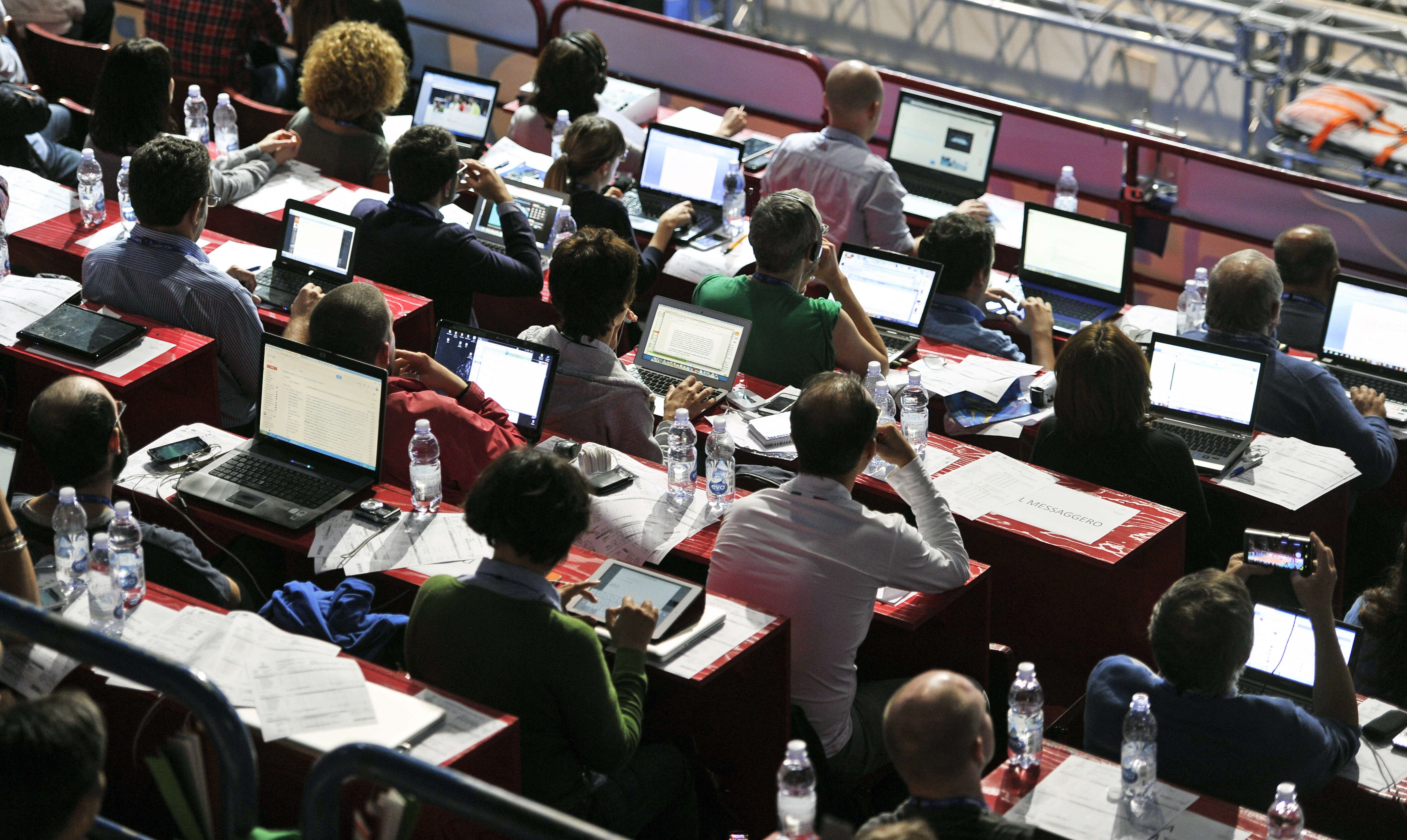ما يزال الإعلام الغربي السائد بصورة عامة عنصرا رافدا على الصعيد الدعائي يدعم استمرار الحرب الإسرائيلية الجارية على قطاع غزة، التي دخلت شهرها الخامس، وتكاد في مدى استباحتها لكل شيء، وفي انفلاتها الهمجي من أي ضابط قانوني ورادع أخلاقي، تُحوِّل القطاع الصغير المحاصر كلّه إلى بقعة غير صالحة للعيش المدنيّ.
وقد نالت تغطية وسائل الإعلام الغربية لهذه الحرب تغطيةً موازية لانحرافاتها وتحيزاتها الفظة وإخفاقها في التقيد- ولو بالحدود المهنية الدنيا- بالأدوار المنوطة بالصحافة في زمن الحروب، من التزام بالمعايير التحريرية وأخلاق العمل الصحفي المرتكزة على قيم العدالة وحقوق الإنسان ومساءلة السلطة، ولا سيما عند مقاربة حرب هي مشروع إبادة موصوف تنفّذه دولة احتلال في حق شعب أعزل. ففي الأسابيع الستة الأولى من التوغل البري الإسرائيلي في غزة، الذي ترافق مع حملة قصف مدمرة وأحزمة نارية، رصدت عدة مؤسسات بحثية وصحفية مستويات التحيز الممنهجة في الصحافة الغربية؛ إذ نالت الصحف الأمريكية قدرا أكبر من الاهتمام والمتابعة، سواء في تفنيد تقارير بعينها، مثل التقرير المعيب -بالمعنى المهني- الذي نشرته نيويورك تايمز عن ادعاءات وقوع انتهاكات جنسية في هجمات السابع من أكتوبر، أو في تحاليل أوسع نطاقا لأنماط المخالفات المهنية في صحيفة واحدة أو عدة صحف، كما فعل موقع "ذا إنترسبت" في تقييم تغطية ثلاث صحف أمريكية للحرب على غزة، أو الدراسة التي نفذها المركز العربي في واشنطن لتحليل التحيز الكامل للرواية الإسرائيلية في أربعة برامج حوارية سياسية في الولايات المتحدة.
وكان آخر هذه الجهود وأكثرها إحاطة بسلوك بيئة إعلامية محددة في هذا الصدد، التحليل البحثي الصادر عن المركز البريطاني للرقابة على الإعلام (CfMM)، الذي أشرف على إعداده الباحث البريطاني فيصل حنيف، ورصد فيه بلغة البيانات طيفا من المخالفات المهنية الممنهجة في تغطية الإعلام السائد في المملكة المتحدة للحرب على قطاع غزة. فقد كشف البحث، على نحو تفصيلي، عن أنماط من التحيز لصالح الرواية الإسرائيلية ترقى إلى حد التبني الأعمى لها، وهي نتيجة وصل إليها الباحث عبر النظر في عينة من أكثر من 25 ألف مقال من 28 صحيفة وموقع إخباري في بريطانيا، وأكثر من 176 ألف مقطع مصور من 13 قناة تلفزيونية، منها "بي بي سي" و"آي تي في" و"سكاي نيوز" وغيرها، مع التركيز على الفترة الأولى من الحرب، وتحديدا بين السابع من أكتوبر 2023، وحتى السابع من نوفمبر من العام ذاته.
الخلاصة التي انتهى إليها البحث ترى أن الإعلام البريطاني قد انقلب على التزاماته المهنية والأخلاقية، عبر تغييب الرواية الفلسطينية والتغليب الفج للرواية الإسرائيلية الرسمية عليها، وبالاعتماد على سلسلة من الأساليب الصحفية والخطابية والتقنية التي تدل بحسب البحث على الانحياز المبدئي لدى العديد من وسائل الإعلام البريطانية إلى وجهة نظر مؤيدة للاحتلال، انطلاقا من انطباعات عنصرية مسبقة واعتمادا على حالة مفترضة في الفضاء العمومي الغربي، معاديةٍ للمسلمين ومتعاطفة مع الإسرائيلي الذي يحظى على الدوام بصورة "الضحية" الأكثر استحقاقا للحياة ومن ثم أجدر بالتضامن، ولو على حساب ضحايا آخرين.
وفي اتخاذ هذا الموقف والإصرار عليه، يخلص البحث إلى أن وسائل الإعلام البريطانية السائدة التي خضعت للدراسة قد أخفقت في تغطيتها للحرب على غزة في الالتزام بالمعايير المهنية الأساسية من نقل الأخبار بأمانة وتجرد، وضبط الحقائق ووضعها في سياقها، وإعمال ما يلزم من النظر النقدي بالحد اللازم لمساءلة السلطة ومن هم في موضع القوة. وجدير بالذكر أن هذا التموضع للإعلام في بريطانيا كان مثار انتقاد من قبل العديد من المراقبين والناشطين، بل إن صحفيين من المؤسسات الإعلامية نفسها أعربوا عن إحباطهم من استمرار التحيز للطرف الإسرائيلي، رغم تزايد الأدلة الواضحة على حجم الجرائم والانتهاكات التي يرتكبها في حق المدنيين في قطاع غزة. أما آخرون، فذهبوا إلى حد اتهام وسائل الإعلام هذه بالتواطؤ مع الجرائم الإسرائيلية في حق الفلسطينيين وتحييدها للحكم الأخلاقي عند التطرق إليها، بوصفها "أضرارا جانبية" يمكن غض النظر عنها، وهو ما يستبطن احتقارا عنصريا عميقا لقيمة حياة فئة كاملة من البشر.
يخلص البحث إلى أن وسائل الإعلام البريطانية السائدة التي خضعت للدراسة قد أخفقت في تغطيتها للحرب على غزة في الالتزام بالمعايير المهنية الأساسية من نقل الأخبار بأمانة وتجرد، وضبط الحقائق ووضعها في سياقها، وإعمال ما يلزم من النظر النقدي بالحد اللازم لمساءلة السلطة ومن هم في موضع القوة.
يفصِّل البحث بالتحليل البياني ما يلزم من الأدلة التي تبرهن على سلسلة من الفضائح المهنية التي ما نزال نتابع فصولها مع استمرار الحرب على غزة واهتمام الإعلام بها، وذلك عبر تقسيم المخالفات المرصودة في خمس فئات أساسية هي:
1) السياق
2) التأطير الإعلامي
3) اللغة
4) الادعاءات الزائفة
5) التشكيك بالمصادر الفلسطينية
كما اشتمل البحث على فصل يعنى بفحص دور وسائل الإعلام البريطانية في تأجيج حالة العداء للمسلمين والترويج لخطاب الإسلاموفوبيا، وآخر يدين التحريض الإعلامي على المظاهرات الكبرى المؤيدة لفلسطين في المملكة المتحدة منذ بدء الحرب على غزة، وهي حرب منظورة في محكمة العدل الدولية بتهمة خرق معاهدة الإبادة الجماعية. وسنتناول في سلسلة من المقالات أبرز الملاحظات التي رصدها البحث، ابتداء من موضوع السياق والتكتيكات المستخدمة لتجييره لصالح الرواية الإسرائيلية.
تشويه السياق
يشرع البحث في محاولة لتفسير أساليبَ للتعمية على السياق اتبعتها وسائل الإعلام البريطانية، تجيَّشت جميعها لمقاربة الحرب على غزة من "نقطة صفر" واحدة، هي السابع من أكتوبر، مع تجاوز واع ومقصود لكل ما سبقها وارتبط بها من تفاصيل. فقد أشار الباحث إلى عدة تكتيكات سياقية كانت كفيلة بترجيح الرواية الإسرائيلية لغاية تعزيز التعاطف معها، من ذلك مثلا تفادي الإحالة إلى قطاع غزة بوصفه منطقة خاضعة للاحتلال الإسرائيلي، لقطع الطريق أمام التذكير بالحق المكفول للشعوب الخاضعة للاحتلال بالمقاومة، ولمنع أي إمكان لتفهم أي انتفاضة للسكان في منطقة محتلة ومحاصرة. فبحسب التحليل، جرى الاعتماد على عبارة "المناطق المحتلة" بواقع 179 مرة، في مقابل استخدام عبارة "غزة المحتلة" 26 مرة فقط، رغم أنها مصنفة منطقةً تحت الاحتلال وفقا للأمم المتحدة ومنظمة العفو الدولية وأوكسفام وغيرها من المنظمات الحقوقية.
76% من المقالات التي دخلت في التحليل أشارت إلى العملية الإسرائيلية بعبارة "حرب إسرائيل- حماس" (Israel-Hamas war) بدلا من اتباع التوصيف الموضوعي الأدق، وهو الحرب الإسرائيلية على غزة، بدليل الدمار الشامل الذي لحق بالقطاع
تكتيك ممنهج آخر للتحكم بالسياق يكشف عن البحث بعد ملاحظة أن 76% من المقالات التي دخلت في التحليل أشارت إلى العملية الإسرائيلية بعبارة "حرب إسرائيل- حماس" (Israel-Hamas war) بدلا من اتباع التوصيف الموضوعي الأدق، وهو الحرب الإسرائيلية على غزة، بدليل الدمار الشامل الذي لحق بالقطاع، والحصيلة الصادمة من الشهداء، والتي تجاوزت 30 ألفًا من المدنيين، نصفهم تقريبا من الأطفال. أما عبارة "حرب إسرائيل-حماس"، فهي صدى للدعاية الإسرائيلية الرسمية المضللة، والتي تدعي أنّ حربها ضد فصائل المقاومة، وكأنّ المقاومة جزء منفصل عن الشعب الخاضع للاحتلال وخارج عنه، وهو تصوّر يستحيل التسليم به من نواح عديدة، لعل أشدّها وضوحا هو طبيعة القطاع ذاته في مساحته الضيقة واكتظاظه المهول بالناس.أمّا فيما يمس التعمية على واقع الاحتلال الإسرائيلي، يشير البحث إلى أن قناة واحدة مثل الجزيرة الإنجليزية، تقدم تغطية للحرب من منظور "الجنوب العالمي"، قد أشارت إلى تلك الحقيقة الموضوعية والقانونية في موادها، أي حقيقة أن إسرائيل هي "قوة احتلال" في الضفة الغربية وقطاع غزة، أكثر مما فعلته كل وسائل الإعلام البريطانية والأمريكية مجتمعة طوال الفترة التي عني بها البحث، أي بين السابع من أكتوبر والسابع من نوفمبر.
قناة واحدة مثل الجزيرة الإنجليزية، تقدم تغطية للحرب من منظور "الجنوب العالمي"، قد أشارت إلى تلك الحقيقة الموضوعية والقانونية في موادها، أي حقيقة أن إسرائيل هي "قوة احتلال" في الضفة الغربية وقطاع غزة، أكثر مما فعلته كل وسائل الإعلام البريطانية والأمريكية مجتمعة طوال الفترة التي عني بها البحث.
الإعلام البريطاني يحذف "فلسطين"
اتخذ الإعلام البريطاني السائد موقفا صارما يرفض أي تناول لخلفيات الهجوم الذي وقع في السابع من أكتوبر، سواء تعلق ذلك بالتذكير بالحصار التجويعي المفروض على قطاع غزة منذ 17 عاما، أو الاعتداءات المستمرة على الفلسطينيين في الضفة الغربية وتوسع الاستيطان فيها، أو اقتحامات المستوطنين للمسجد الأقصى، أو واقع الأسرى الفلسطينيين ومنهم مئات الأطفال والنساء. أحد أوجه التشويه المتعمد لهذا السياق يتمثل في الاتفاق التحريري على إسقاط كلمة "فلسطين" من التغطية، وفق توجيه رسمي في العديد من وسائل الإعلام التي خضعت للدراسة، منها هيئة الإذاعة البريطانية، التي ينص دليل صياغة الأخبار فيها على أنه "لا ينبغي في التغطية الخبرية للشرق الأوسط الإشارة إلى غزة أو الضفة الغربية باسم "فلسطين"؛ لأنها ما تزال تعبيرا عن طموح أو إحالة إلى كيان تاريخي".
مثل هذه التوجيهات التحريرية التي تدعي توخي الدقة تتناقض بشكل صارخ مع الإشارة الطاغية في الإعلام البريطاني، والغربي عموما، للحرب الجارية بعبارة "الحرب بين إسرائيل وحماس" وإسقاط كلمتي "فلسطين" أو "فلسطينيين" وما يرتبط بهما من سياق وخلفيات وحقائق موضوعية، وذلك في نحو 18،920 مقالا من أصل 25،515 مقالا خضعت للتحليل في فترة الدراسة، وهي غالبية ساحقة تعبر بوضوح عن تواطؤ عام لشرعنة الحرب الوحشية التي تخوضها إسرائيل ضدّ الفلسطينيين، وتماهٍ تام مع الرواية التي تروّجها من أجل تبرير الاستمرار بها.
الحديث عن الضحايا.. أولويات بيضاء
يرصد البحث شدة العناية في الإعلام البريطاني بلحظة السابع من أكتوبر وإعادة إنتاجها بوصفها أداة تفسيرية/ تبريرية ممكنة للحرب التي تشنها إسرائيل على غزة، أو حتى لحروبها وانتهاكاتها المديدة السابقة على تلك اللحظة؛ إذ جرى الاعتماد على "وحشنة" الفلسطينيين ونزع الإنسانية عنهم، ومن ثَمّ حُيِّد الحكم الأخلاقي على الجرائم الواقعة عليهم.
وحتى بعد مضي عدة أسابيع على الهجوم، وتضاعف أعداد الضحايا المدنيين في قطاع غزة، ومقتل آلاف الأطفال عبر استهداف المساكن والمدارس والمستشفيات بلا هوادة، واصلت وسائل الإعلام الغربية تأطير ذلك بهجوم 7 أكتوبر، مع الإشارة إلى أعداد الضحايا الفلسطينيين بعد أعداد من قضوا في ذلك الهجوم، ومع الحرص على تقييد دقة العدد الأول بأنه صادر عن "وزارة الصحة التي تسيطر عليها حماس"، وهو ما بات حاليا أشبه بتقليد وقاعدة غير مكتوبة في وسائل الإعلام السائدة في كل مرة تضطر فيها إلى ذكر الضحايا الفلسطينيين.
يذكر الباحث في التوصيات بشأن جزئية التحكم بسياق الحرب الجارية على غزة وإشكالات التعامل معه في الإعلام البريطاني بضرورة تذكر حق العامة في الحصول على المعلومات وفهم خلفيات أي حدث، باعتبار ذلك ضامنا لحقهم في حرية الرأي وحرية التأثير على صنع القرار في الدول الديمقراطية وممارسة الرقابة على السلطة بالنظر إلى دورها في هذه الحرب أو موقفها منها. لذا؛ فإن التوصية الأساسية التي يختتم بها الفصل تشدد على ضرورة إيلاء وسائل الإعلام أهمية للإجماع القانوني على أن إسرائيل قوة محتلة في الضفة الغربية وقطاع غزة، قبل السابع من أكتوبر وبعده، وهو ما يعني الإقرار بالحق الأصلي في مقاومته، وعدم امتلاك الاحتلال حق الدفاع عن النفس كما تروج له الدعاية الإسرائيلية والدول الداعمة لها.













































